What if I catch a cold while I am in Tibet?
Why you are not suggested to travel to Tibet if you have a cold?
People with colds are normally with inflammation of the trachea and lungs, which can lower the body resistance. Low levels of oxygen in the plateau may easily convert colds into other high altitude diseases such as bronchitis, pulmonary edema or pneumonia. Especially pulmonary edema, which is a high-risk plateau disease, it is can even put your life in danger without timely treatment. In addition, it takes a long time for a cold to heal in a plateau.
Colds are not serious for Tibetan people because they live there for a long time, adapting accordingly, and the body's immunity and resistance are relatively high. For people who have been living in the plains it can be dangerous. Therefore, it is not recommended for people who have colds or about to have a cold to go to Tibet. You’d better go after your cold is recovered.
A cold can easily induce a high altitude pulmonary edema. Plateau pulmonary edema is a very dangerous mountain disease. It is caused by colds. If it is not treated in time, it will be life-threatening. High altitude pulmonary edema refers to the people who just arrive at the plateau with difficulty in breathing when resting, chest tightness, coughing, or pink phlegm, and the patient feels weak or reduced mobility. The incidence of high altitude pulmonary edema is high, and it usually occurs in the area when one first enters the plateau or it happens within a week. Prevention of high altitude pulmonary edema is critical. It is currently believed that in addition to the special susceptibility to hypoxia, gradually adapting from the lower altitude to a higher altitude is the best way to prevent acute altitude sickness.
What should I do if I caught a cold in Tibet?
Catching a cold in Tibet is not dangerous. Since after staying on the high altitude, the body develops some adaptability and resistance. If you have a cold, timely treatment helps to get better soon. Doctors in Tibet are very experienced in treating colds, so you don't have to worry too much. Visitors can also bring some medicine for colds to prevent it from happening as well. Generally, the symptoms can be alleviated in 1-2 days.
Some people have the habit of showering at night. But in Tibet, the temperature difference between day and night is large, and it is easy to catch a cold. Therefore, it is best to reduce the number of night showers and avoid catching a cold.
Staying healthy helps you to enjoy the sceneries and trip in Tibet better. So please remember to exercise reasonably, balance your diet, and have an enjoyable Tibet trip.
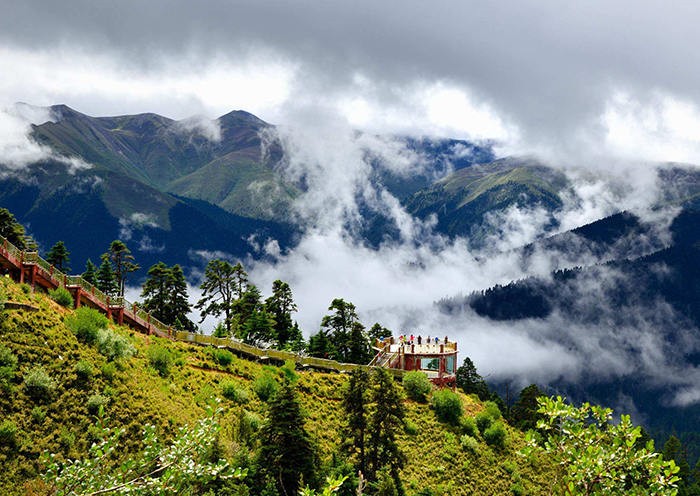
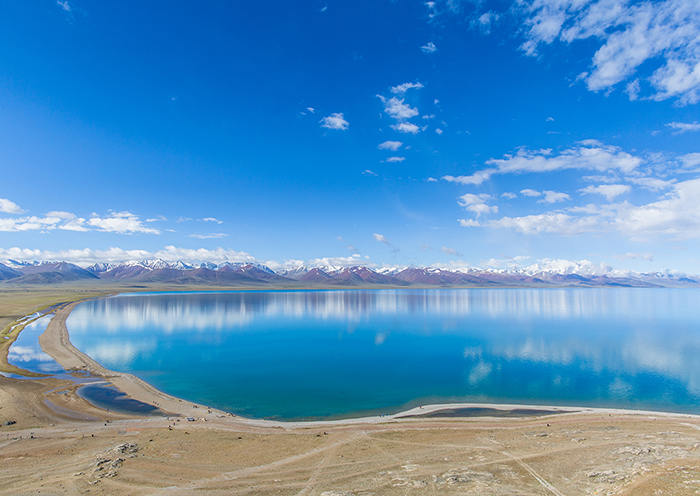

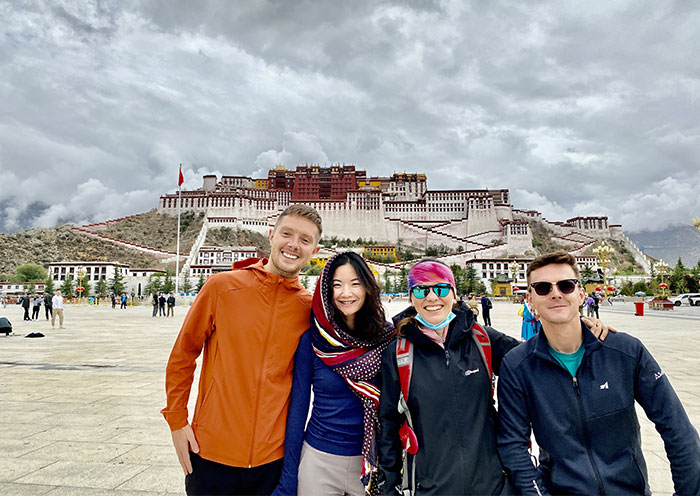
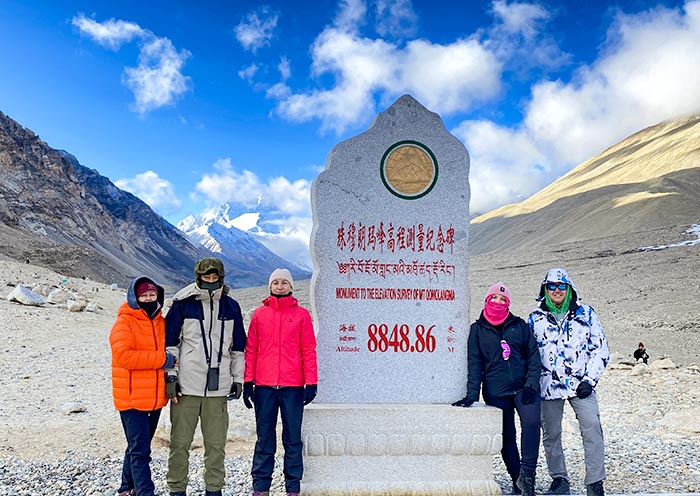

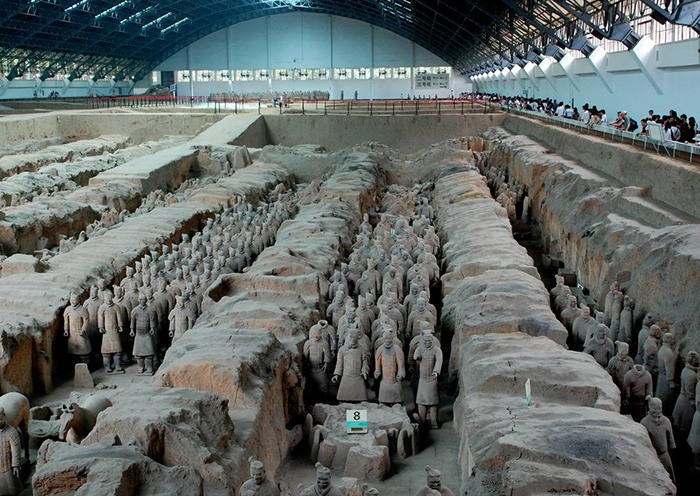

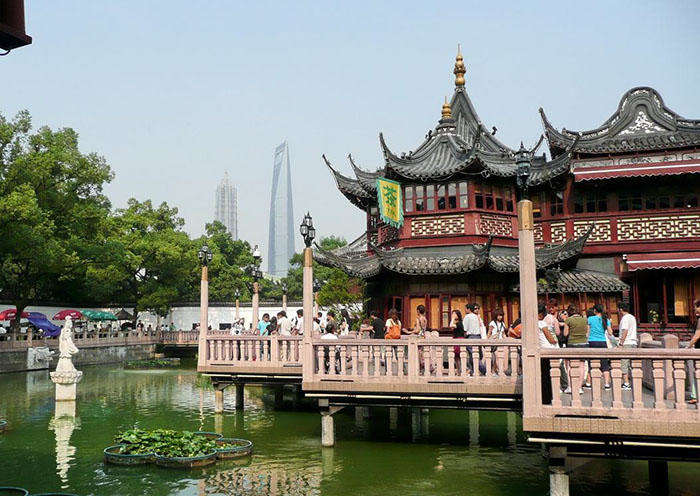
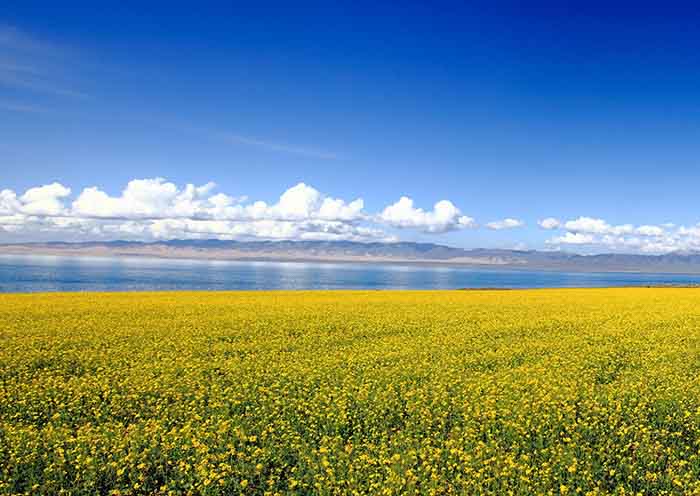
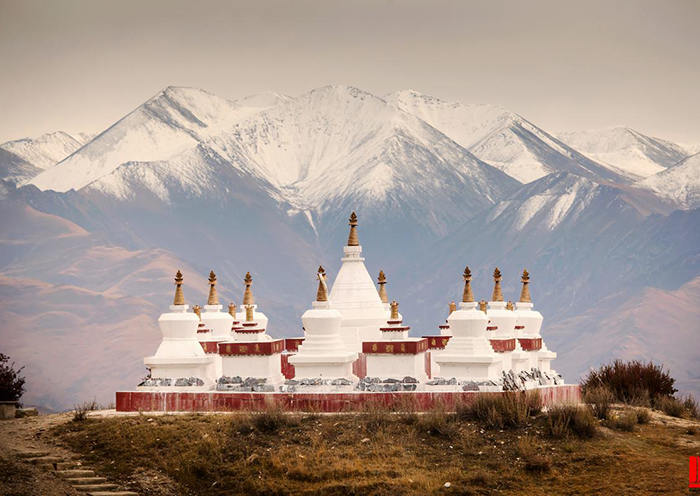
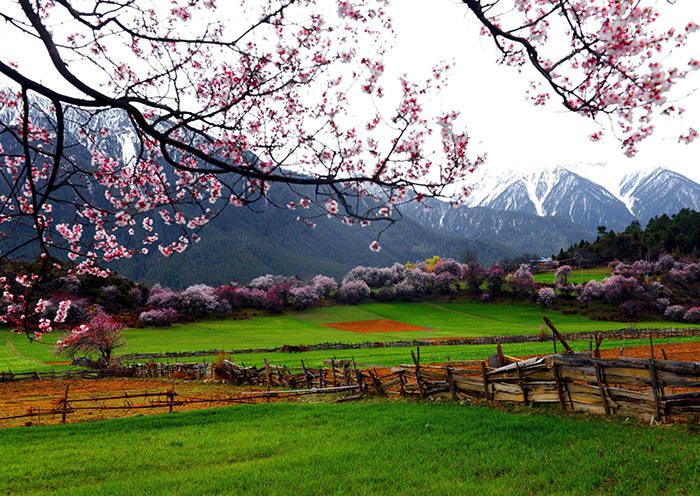
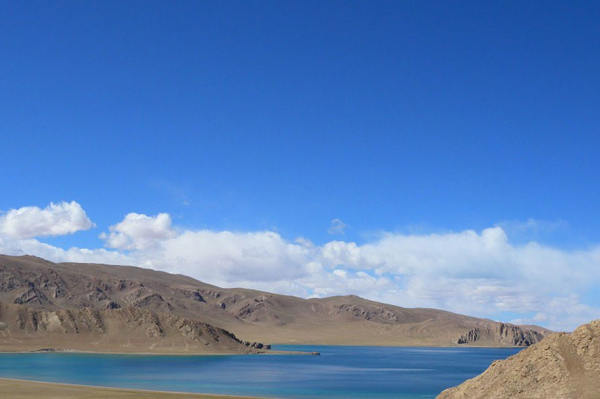
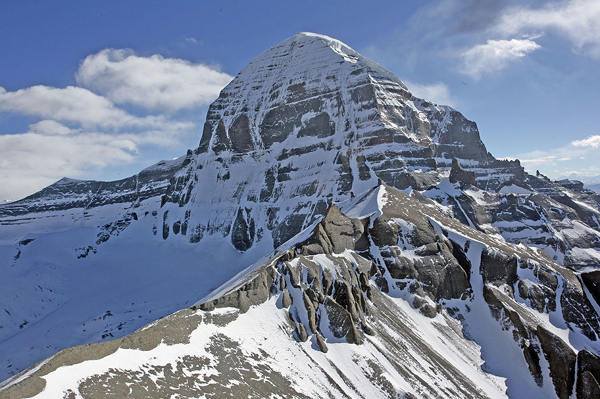
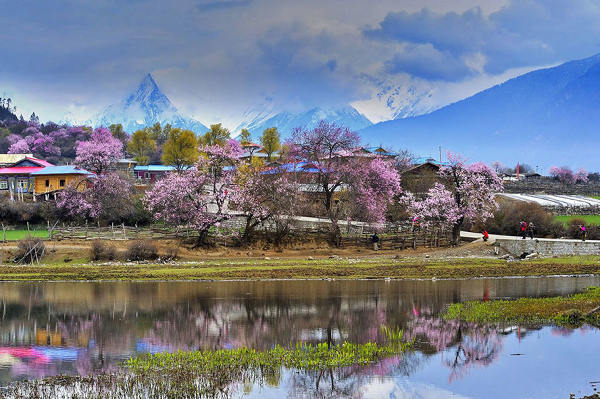
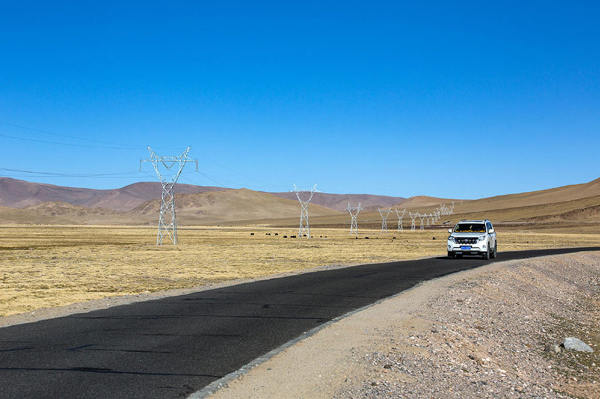

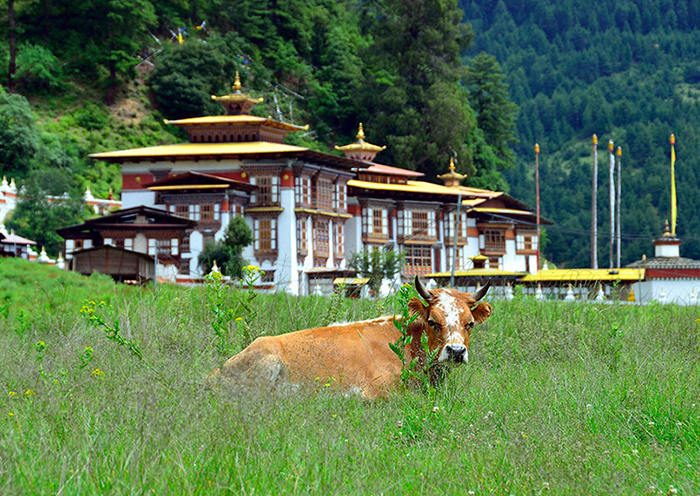
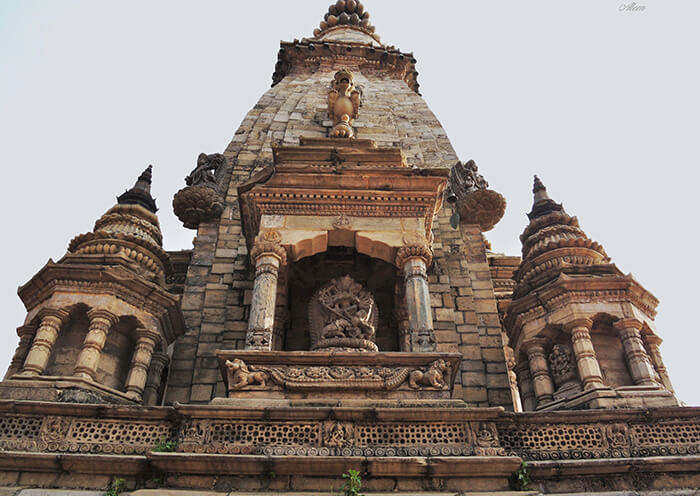
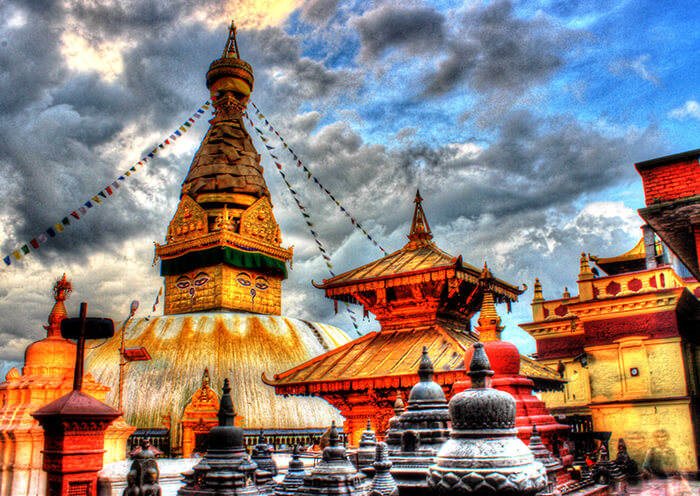
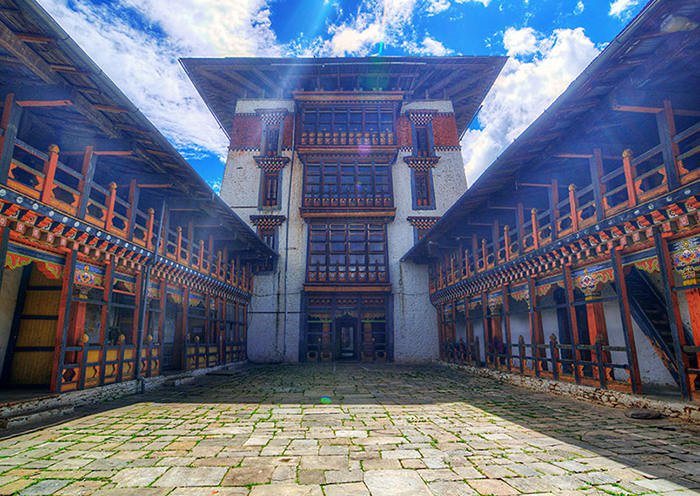

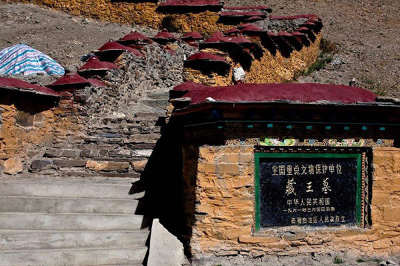
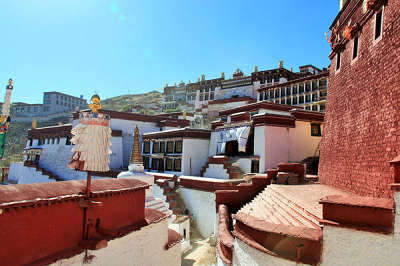
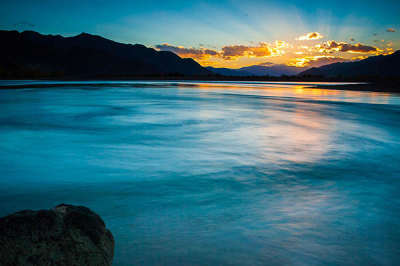

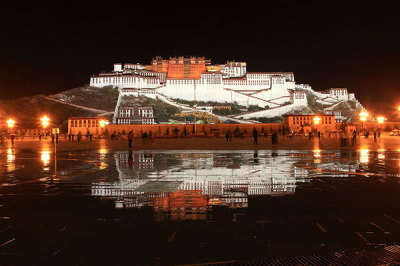
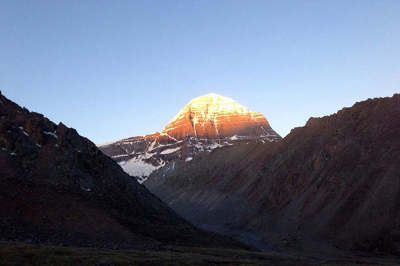
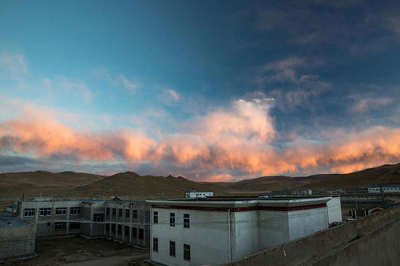
 Data in submission...
Data in submission...